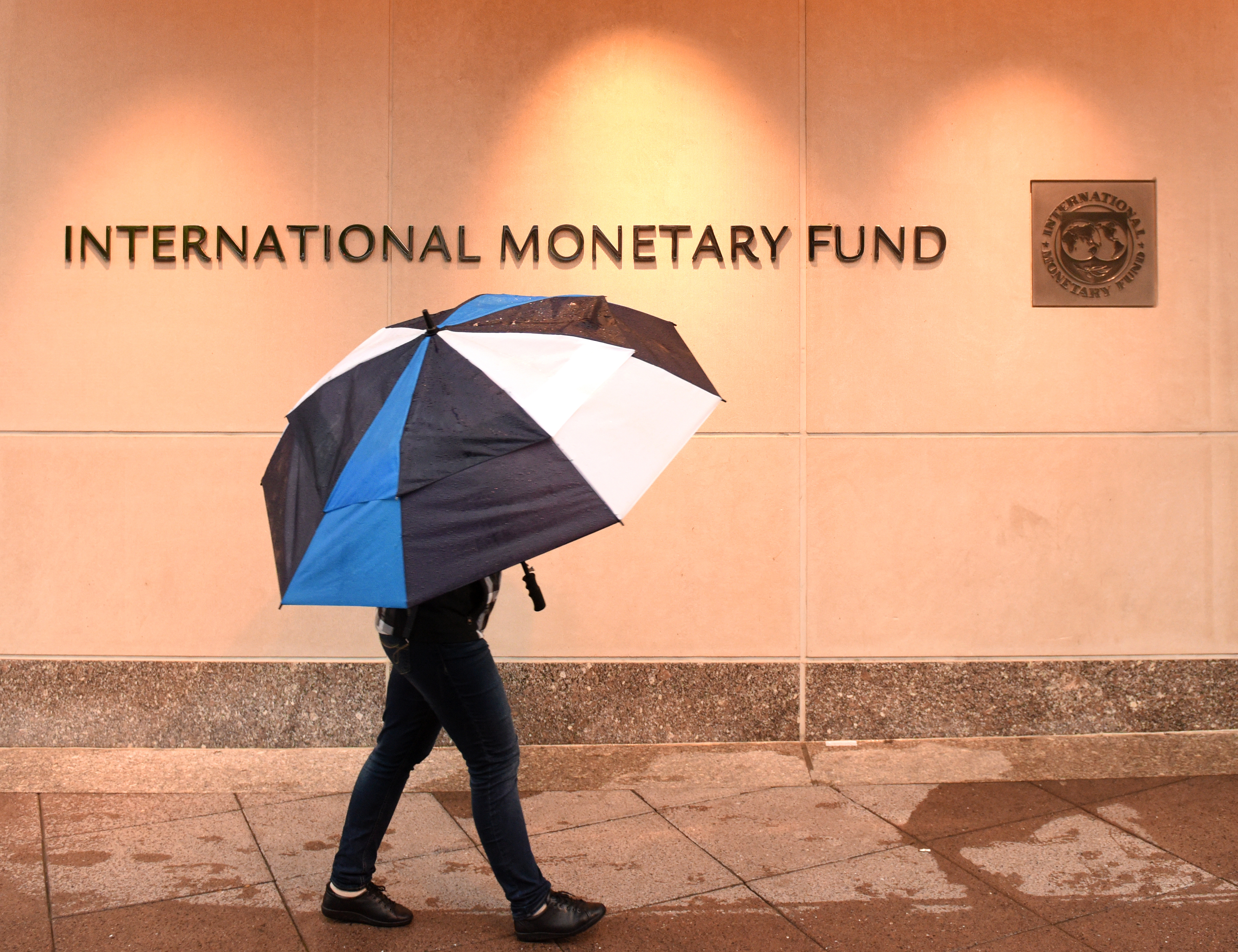International Monetary Fund Calls For Increased Regulation of African Crypto Markets, Says ‘Risks From Crypto Assets are Evident’

The International Monetary Fund (IMF) has called on African countries to opt for more crypto regulation citing the recent collapse of cryptocurrency exchange FTX.
In a recent blog post, the financial agency, which works to achieve sustainable growth and prosperity for all of its 190 member countries, asked for more regulations of Africa’s crypto markets, one of the fastest-growing markets in the world.
The IMF said the collapse of FTX, once the third-largest cryptocurrency in the world, and the subsequent plunge in cryptocurrency prices, is “prompting renewed calls for greater consumer protection and regulation of the crypto industry.”
“Regulating a highly volatile and decentralized system remains a challenge for most governments, requiring a balance between minimizing risk and maximizing innovation,” the post reads.
According to the IMF, only one-quarter of sub-Saharan African countries have regulated crypto, while two-thirds have implemented some restrictions. On the other hand, six countries, including Cameroon, Ethiopia, Lesotho, Sierra Leone, Tanzania, and the Republic of Congo, have banned crypto.
Citing Chainalysis data, the IMF claimed Africa is one of the fastest-growing crypto markets in the world. However, the continent is yet to experience high levels of adoption, with crypto transactions peaking at $20 billion per month in mid-2021.
“Kenya, Nigeria, and South Africa have the highest number of users in the region. Many people use crypto assets for commercial payments, but their volatility makes them unsuitable as a store of value,” the report said.
The agency also expressed concern regarding the use of digital assets in illegal activities or to circumvent local rules to prevent capital outflows. Furthermore, the IMF said widespread adoption of crypto assets could undermine the effectiveness of the monetary policy, creating risks for financial and macroeconomic stability.
“The risks are that much greater if crypto is adopted as legal tender—as the Central African Republic recently did,” the IMF said. “If crypto assets are held or accepted by the government as means of payment, it could put public finances at risk.”
The IMF’s warning comes as the sudden fallout of crypto exchange FTX has sent shockwaves across the entire industry. The FTX contagion has kept spreading, most recently affecting crypto exchange Liquid, BlockFi, Genesis, and Gemini.
The collapse of FTX has also sent crypto prices into a free fall. Bitcoin has been trading around the $16,000 mark for the last couple of weeks, its lowest level in two years. The broader crypto market is also down by around 20% over the past month.




